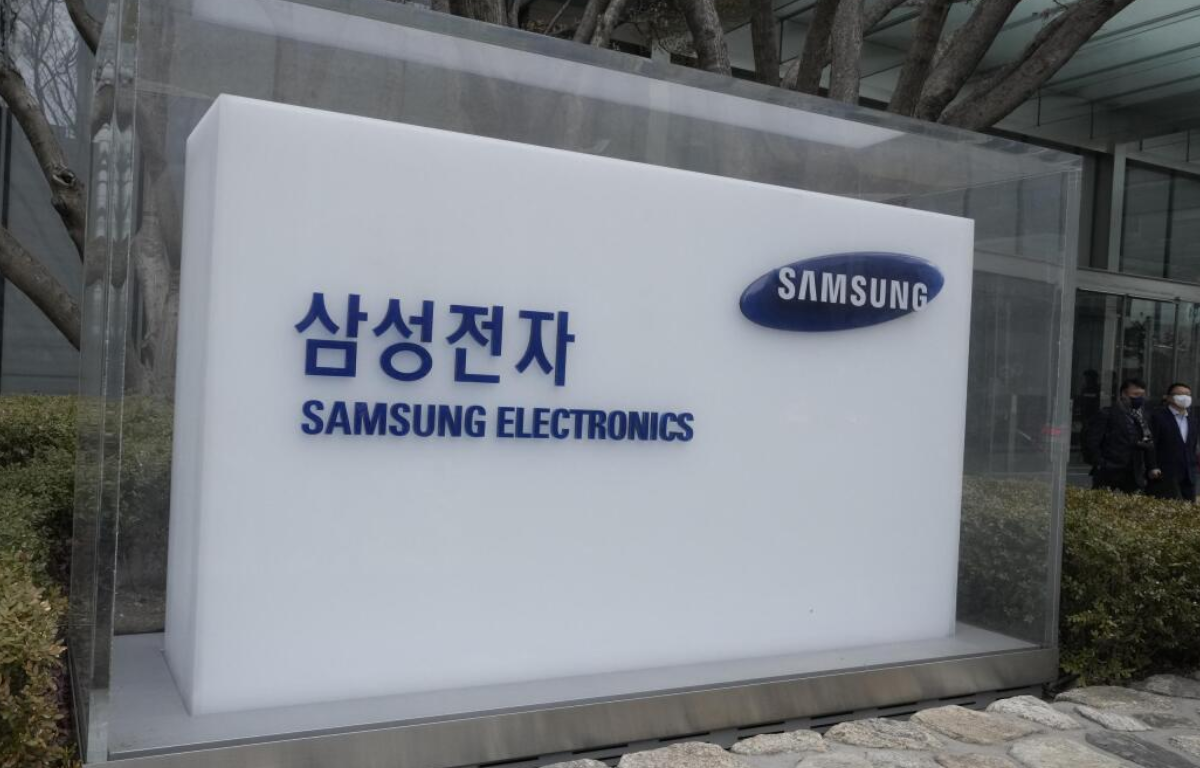
According to the regulations, AI technology must not “undermine national security” or “disrupt the social order,” and must be used to “promote economic and social development.” The rules also emphasize the importance of protecting personal privacy and resisting distortion, fraud, and deception.
Critics argue that the new regulations represent a further tightening of control over information in China and the suppression of dissent. The emphasis on promoting Communist Party values through AI technology raises concerns about censorship and propaganda.
However, the regulations also reflect the Chinese government’s focus on promoting technological development and reducing its dependence on foreign technology. Chinese President Xi Jinping has set a goal for the country to become a global leader in AI by 2030, and the government has invested heavily in developing the technology and promoting its use in various industries.
The new regulations also highlight the importance of developing homegrown AI technology and reducing reliance on foreign technology. This is part of China’s broader strategy of promoting technological self-sufficiency and becoming less dependent on foreign imports.
China’s emphasis on AI technology is driven by its potential to boost economic growth and improve efficiency in various industries. However, the regulations also raise concerns about the balance between promoting technological development and protecting individual rights and freedoms.
China’s new AI regulations emphasize the importance of promoting Communist Party values and socialism while controlling the flow of information and suppressing dissent. The regulations are part of China’s broader strategy of promoting technological self-sufficiency and reducing dependence on foreign technology. While the regulations may boost China’s economic growth, they raise concerns about the balance between promoting technological development and protecting individual rights and freedoms.










Share this: